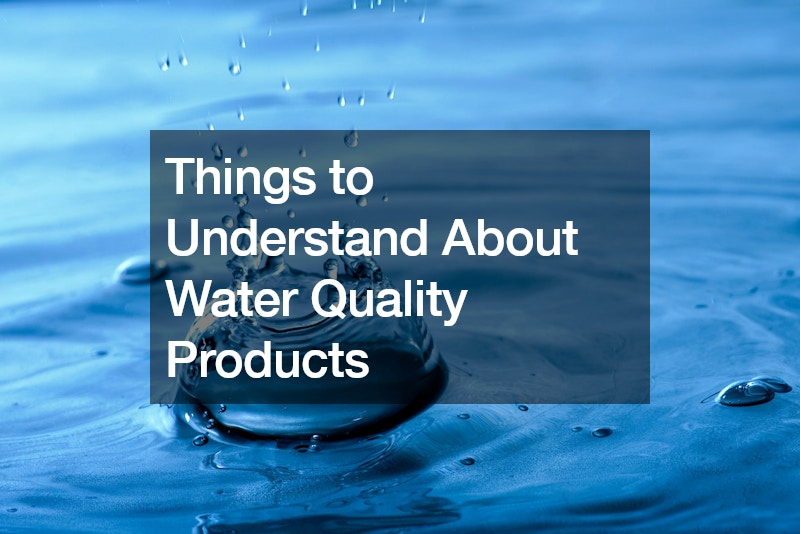
Understanding water quality products is essential for ensuring access to clean and safe drinking water. Firstly, it’s important to know the types of contaminants that water quality products can effectively remove. Common contaminants include chlorine, sediment, heavy metals, bacteria, viruses, and various chemicals, with different products designed to target specific pollutants.
Consider the water source and quality in your area when selecting a water quality product. Conducting water tests can help identify specific contaminants present in your water supply, guiding you in choosing the most appropriate filtration or purification system for your needs.
Research different types of water quality products available on the market, such as carbon filters, reverse osmosis systems, UV purifiers, and water softeners, to understand their features, benefits, and limitations. Each product has unique capabilities and may be more suitable for addressing certain water quality issues than others.
Evaluate factors such as installation requirements, maintenance needs, and cost-effectiveness when selecting a water quality product. Some systems may require professional installation, regular filter replacements, or ongoing maintenance to ensure optimal performance and longevity. Finally, consider the certification and testing standards of water quality products to ensure they meet industry standards for performance and safety. Look for products certified by reputable organizations such as NSF International or the Water Quality Association to ensure quality and reliability.
By understanding these key aspects of water quality products, you can make informed decisions and choose the right solution to improve the quality of your drinking water and protect your health.
.

